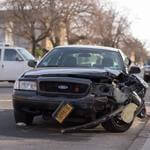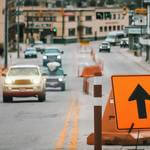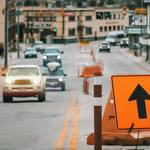
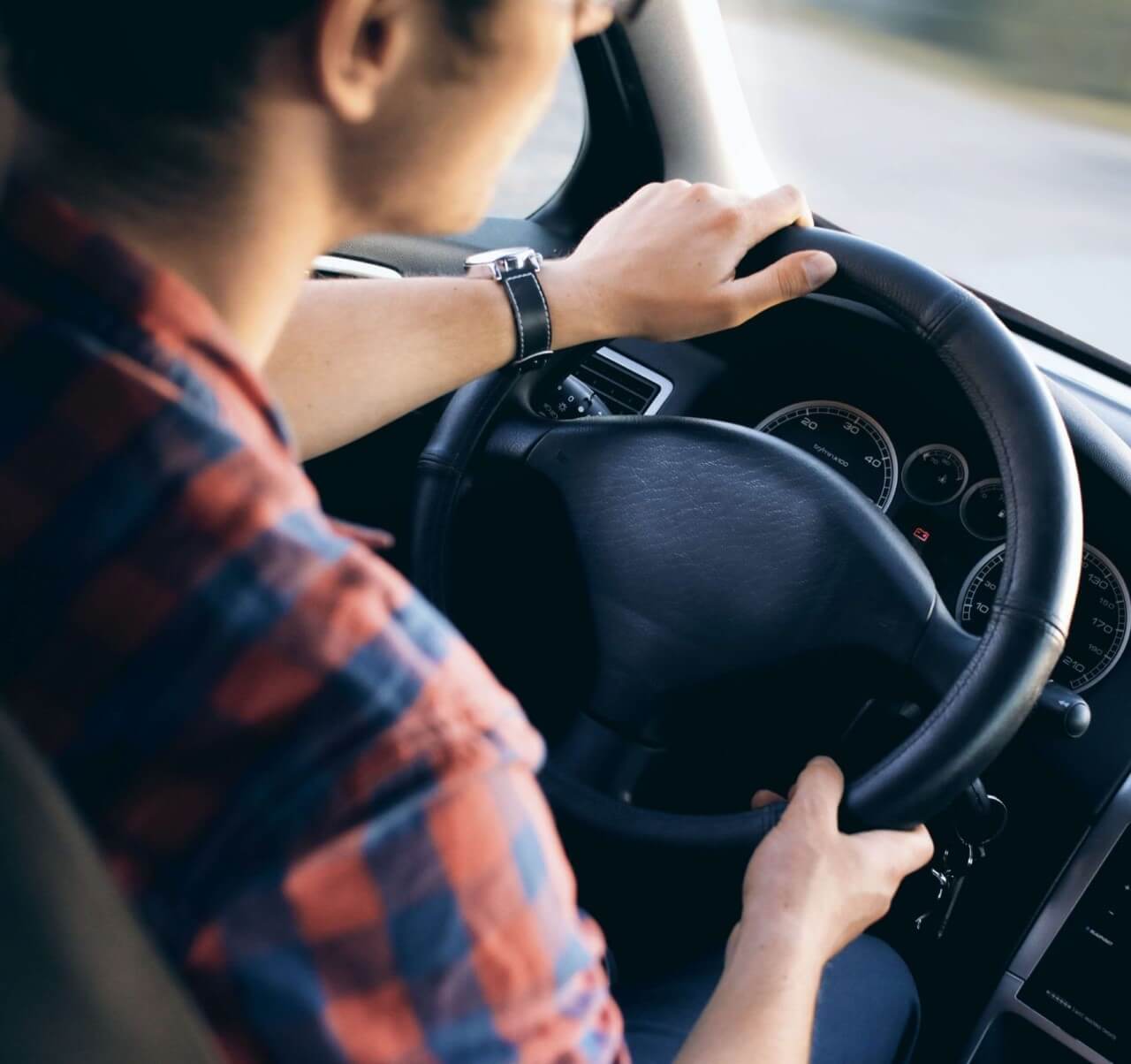
The Comprehensive Guide to Driving Tips for New Drivers
It’s a happy day when you just got a spanking new car and a shining new license, isn’t it? Congratulations! That is your first step to being more independent in life, being able to travel anywhere, anytime. However, great power also comes with great responsibility, too. You need to learn how to balance this awesome freedom with safety precautions, because what you decide to do affects the life of those drivers surrounded by you.
That’s why today we have put together a comprehensive guide to driving tips for beginners who have just gotten into driving. Ready? Fasten your seatbelt and let’s read on!
A. Driving tips in urban areas
Driving in big cities with traffic chaos is a great fear for many drivers, especially new drivers. However, you can still drive safely if you practice well. Therefore, to ensure safety, new drivers should pay attention to these things when driving a car.
1. Get the hang of operating your car
In any vehicle, you need to familiarize yourself with the positions of tools on the vehicle. Practice using the clutch, gas, brake, gear lever, handbrake, etc., when the car is not running in order to remember their positions to grab and use them correctly when driving. Here are some driving tips for learners: Adjust the driver's seat, the steering wheel, and the rearview mirror so that you have the most ideal driving position, the most comfortable steering wheel position, and the best viewing angle through the rearview mirror. Fasten your seat belt before starting the car. If you don't wear a seat belt, the airbag not only won't save your life in an accident but may also become more dangerous.
2. Slow down. Drive at a moderate speed
New drivers should not accelerate suddenly and go at high speed. Some good beginner driving tips suggest to make a habit out of practicing driving skills accurately at low speed, then gradually increasing the speed. The most important thing when driving is to go safely and correctly, not to go fast.
3. When driving, pay attention to keeping a safe distance
Keeping a distance is the hardest thing for drivers, especially when traveling in crowded cities.
Practice keeping a distance by finding an empty road and asking someone to stand behind the car, guide you, and practice approaching and stopping before impact. Try to get a good feel and measure the safe distance between the front of your car and the cars in front of you. Remember, each car has a different length of the front end, so sensing the distance ahead is essential every time you ride a new car.
4. Pay attention to the rearview mirror when driving a car
When we first start driving, we often pay attention to the front and forget to observe the rearview mirror. Remember the safe driving tips and look in the mirror to see both sides of the road and behind the car. This helps you avoid situations that new drivers often encounter, such as crossing other cars, rubbing the side of the car on the side of the road, or running on the wrong lines on a highway. And when backing up, don't turn around or stick your head out to reverse, but get used to looking in the mirror and backing up.
5. A piece of advice on how to turn the car safely
Turning is a pretty essential skill, but it's not easy, especially for newbies. At places with signs allowing you to cross the road, turn on the turn signal early. When approaching the area where you can turn, look both ways before entering the road, and when you have room to turn, slowly steer the wheel the direction you want to go and start accelerating gradually to go the speed limit. In streets where we need to make a U-turn in the middle of the road, it is necessary to watch and find a position to turn around with the least impact on traffic on the road.
Sure, you can practice and master this skill, but pressure from other vehicles, car horns, etc., will sometimes make you forget all of it, so you need to remember the beginner driving tips and stay calm in these difficult situations.
6. Be steady when driving
Don't be distracted, and don't use your phone while driving. When going through junctions and intersections, you should pay attention and read signs to not violate the Traffic Law. Absolutely try your best not to tailgate larger vehicles, especially buses, because there are turns only for buses, where cars are not allowed and tailgating is also a traffic violation.
Mental stability when driving is also important for drivers. You must be very comfortable and calm while operating a car because just a little carelessness can lead to unfortunate events.
7. Always wear your seat belt and do not drink alcohol while driving
Wearing a seatbelt isn't that complicated and it helps make life easier for all drivers to avoid serious injury in collisions. Seatbelts are tools to ensure safety and everyone should wear them at all times, especially beginners. Beginners should always do this to create a good habit and to reduce the risk of injury which also can lead to giving you more protection in any types of accidents.
8. Look at the signs
Driving tips for beginners suggest getting in the habit of looking at every traffic sign on the road if you don't want to constantly pay fines to the traffic police.
Speed limiting signs, signs prohibiting cars, prohibiting parking, signs that allow you to turn right when there is a red light, etc., all that you need to observe so that you won't break the law. Do not tailgate tall vehicles such as passenger cars, trucks, buses, etc. or you will lose all visibility and can't see signs.
9. Tips for safe parking, avoiding scratches
Parking in a side-by-side or back-to-back mode requires skillful driving. Follow the standard distance for cross-carriage parking, which you learn in driving school.
Do your parking calmly, watch the rearview mirror, but don't be overconfident. Driving with arrogance when you are not yet skilled means high risks of causing a collision. If you find it difficult, ask for someone to stand behind your car and signal you.
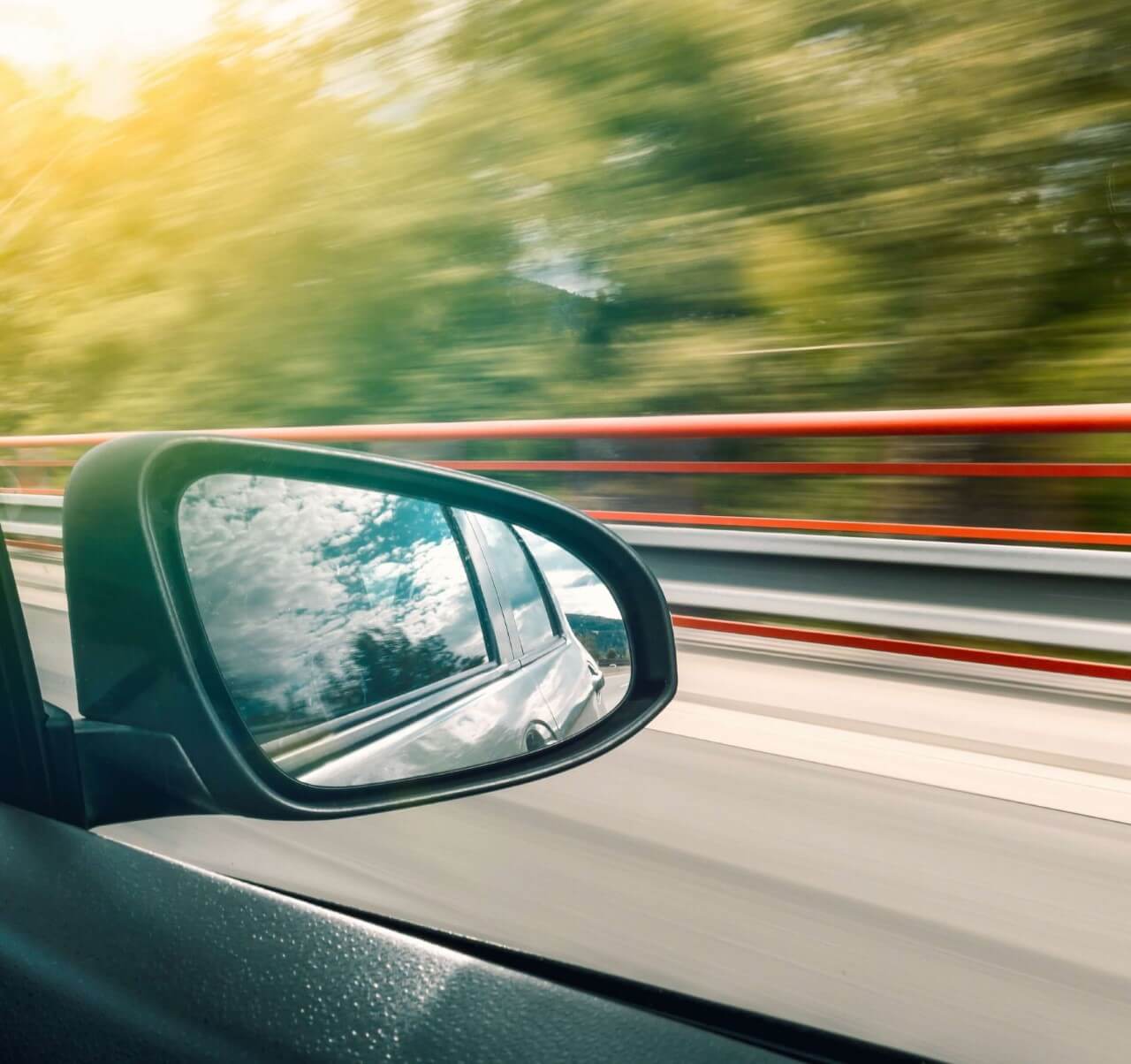
B. Driving tips for nervous drivers
Stress can make you feel anxious, angry, and can be potentially dangerous when you driving. Here are driving tips and advice for you to defeat your nervousness while on the road.
1. Start with cleaning the car
If the interior compartment is cleaned regularly, it will bring a better experience to you and your passengers. It’s easier to think clearly when you don’t have too many “annoying” things around, so take a few minutes to clear out the trash and remove unnecessary items from the car.
Clear out your cash compartment, old bill holders, bottles on the floor, or any other leftovers you’ve accumulated for a long time. Don’t forget to check for items that might get stuck under the seat, and make sure you take the time to clear out the trunk as well.
2. Create a relaxing space
Another factor that can bring relaxation while driving is the scent in the car because the sense of smell is one of the strongest human senses. While most people love the smell of an original car, other scents can help you stay awake and at ease.
According to research by Kyoto University - Japan, the following odors will help clear the mind when stressed: Lemon helps focus and relax; lavender scent helps manage stress; jasmine scent calms nerves and boosts confidence; and cinnamon helps to reduce fatigue and increase concentration.
3. Get to your destination earlier
If you start driving earlier to get somewhere, it means you are more likely to reach your destination on time, thus reducing anxiety during driving. It’s better to arrive early so that you have time to prepare for the next task, rather than rushing on the road to be on time.
4. Listen to your favorite songs
A study by Avis Car Hire found that 52% of drivers are stressed at least once a week, and 7% are stressed every day. A study by the University of London found that two-thirds of drivers listen to music to reduce stress levels. Listening to your favorite songs, putting them together in a playlist, can help you de-stress while driving.
If you feel stressed, remember our beginner driving tips and switch to softer and more relaxing music. Studies show that actively switching to listening to soothing tunes is more effective at calming the mind than letting your body adapt to upbeat music. Better yet, switch to electronic audiobooks or comedy shows. Laughter not only helps reduce stress, but has also been shown to be excellent for the cardiovascular, respiratory, and muscular systems.
5. Avoid rush hour
We all know that rush hour driving should be avoided, but it is challenging to do so in practice. Typically, the rush hour in many cities is in the morning from 7 to 9 and from 4 to 7 in the afternoon.
It’s hard to limit travel during this time frame, but if possible, go during off-peak hours, even 30 minutes before, as that can shorten the trip. If your work is flexible, you should also get to work earlier and leave the office earlier.
Moreover, you should also check the traffic condition, as well as plan your destination. Knowing this information will help you avoid stress and time pressure. If there is not enough time, you must accept you are late, be patient, and control your speed for safety.
6. Rest for a while
You should also rest while driving by it can reduce stress. A short 15 minute walk around can help you recover your mind and avoid muscle strain. If needed, go around and find something to eat because hunger can also affect your ability to concentrate. Rest is also good for the back because driving for a long time can cause back pain and make it difficult to move.
Breathing exercises can help you focus and feel better.
A useful set of driving tips for learners that can be applied on the spot is the one-to-one breathing technique, where you inhale and exhale with the same rhythm and intensity. A deep breath creates favorable conditions for the body to fully absorb oxygen, regulate heart rate, and stabilize blood pressure. Meanwhile, shallow breathing will not bring enough air to the bottom of the lungs, causing you to feel anxious and short of breath.
7. Avoid conflicts with other drivers
Though you are obeying the speed limit at all times, and maintaining a steady speed, you may encounter drivers who are always ready to cut through to squeeze into the space ahead or follow closely behind. They may also continuously flash their headlights to force you to give them the road.
Besides, there will always be other drivers who lose patience and run red lights, as if they are about to enter a speed race, as well as suddenly changing lanes without using the signals.
A 2014 Carwow study found that 81% of drivers have experienced “squabbles” on the road. Remember the safe driving tips and avoid unnecessary confrontations, but if you’re in a collision, you should handle it calmly no matter how ridiculous the other party acts. Avoiding a tantrum is key here.
8. Do not use the horn when it is not necessary
Feeling rushed when stuck in traffic makes people angry and upset. Using the horn will not help you go faster, while it can also make other drivers feel uncomfortable and more frustrated with the situation they are in already. On the other hand, you should only use the horn for emergency situations rather than when you are overwhelmed driving in traffic.
9. Turn off WiFi/4G on your phone
Turn off your phone’s network data to avoid messages that can cause a distraction to you. Even better, put your phone on “Do Not Disturb” mode. You can check them out when you take a break or while at work.
10. Using the proper headlight modes
Use your headlights properly to avoid blinding other drivers. If you encounter a driver whose headlights are blinding you, you should either move or try to signal them in any way, as this increases the risk of an accident.
11. (Bonus) Keep your kids in order
Admittedly, the naughty and screaming kids can give us all a headache. Before leaving, bring all the things to keep the kids “busy”, such as snacks, books, and toys to not interfere when you are driving.
So, those are all the safe driving tips we have for you in this guide. The key takeaways here are to always be patient, follow (and remember) the rules, and always plan ahead before you travel. Stay safe out there!
If you are in need of a complete defensive driving course, go to the best driving school online Driving 411.
This school currently offers 2 Defensive Driving classes - Level I - 4 Hour Course and Defensive Driving and - Level II - 8 Hour Course. Both these courses can be used to help dismiss a traffic ticket or lower your insurance costs. If you have questions about how to dismiss a traffic ticket, contact Ken at ken@myticketdismissed.com or call 425-278-9922.
If you have any questions or need help with your Traffic Ticket, DUI, DWI, Criminal Case, Auto Accident or any other related questions, just give us a call at 425-278-9922 or email us at ken@myticketdismissed.com.

